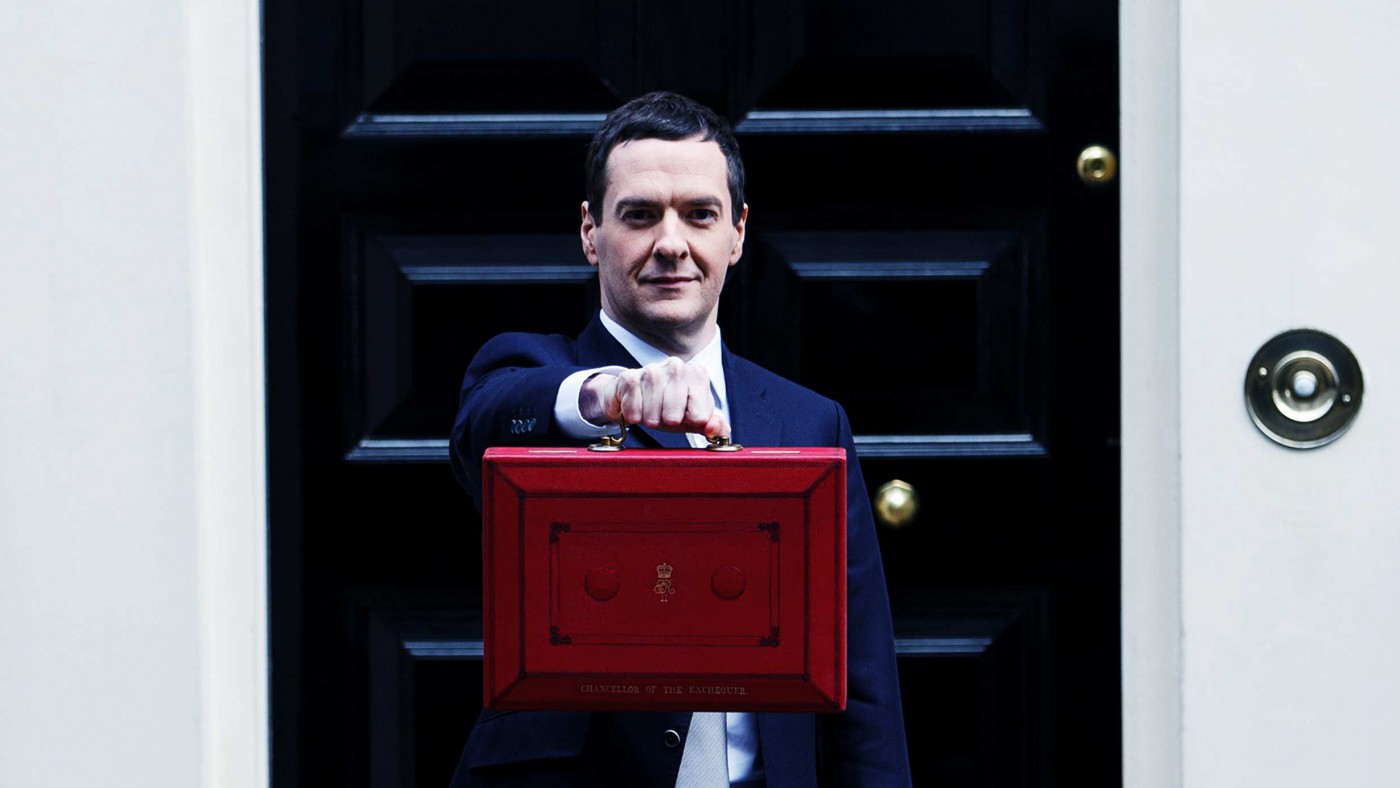How can you cut state expenditure without being accused of being “regressive”? Think about it. If you want the government to spend less then, by definition, your changes are going to affect net recipients more negatively than net contributors. Your calculation is that, in freeing up the economy, you are making everyone better off: those getting less in benefits will be receiving more in salaries. But a study that looks exclusively at the fiscal consequences of your policy is bound to conclude that it hurts the poor.
Which is, sure enough, how various think-tanks, led by the Institute of Fiscal Studies, have judged the recent UK budget. Measured by the limited gauge of whether how much you get from or pay to the state, these studies conclude that the budgetary changes are, as Sky News correspondent Faisal Islam put it, “clearly regressive”.
To see what is wrong with these studies, try a little thought experiment. Imagine that, when he rose at the Despatch Box, the Chancellor of the Exchequer had produced a magic wand. Suppose that this wand had the power to take the poorest ten per cent of people in Britain and make them as wealthy as the richest ten per cent. Picture George Osborne waving this wand before an awe-struck House of Commons while chanting some eldritch spell. Bingo! Poverty in Britain has been suprenaturally alleviated!
What would the IFS and the other analysts make of such a budget? How would they assess the impact of that magic wand? They would have to conclude that it was the most regressive budget in British history. For the people in the bottom decile would have been transformed from big net recipients of welfare into even bigger net contributors of tax. That’s the problem with looking only at the impact of government spending, not government policy overall.
Of course, Chancellors don’t have magic wands; but they do have some duller ways to mimic the effects of sorcery. Job creation, for example. When someone moves from welfare to work, they take less out of the system and put more into it. Since they were previously poor, this counts as “regressive”; but, in reality, as John F Kennedy once remarked, the surest route out of poverty is a secure job.
Britain has created two million new jobs over the past five years, most of them full-time and most of them in the private sector. No benefits hike could do as much for the least well-off.
That’s the reality behind these silly headlines.
To put it another way, the bottom ten per cent is not static. People are constantly rising out of it as they get into the world of work. And, of course, living standards are rising as a whole: someone living on benefits today has a higher real income than the average worker in the 1930s. Cheer up, you moaners. Life keeps getting better.


